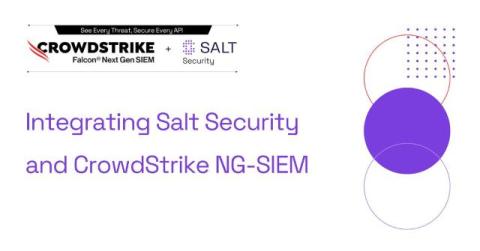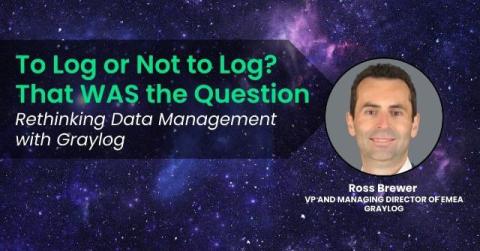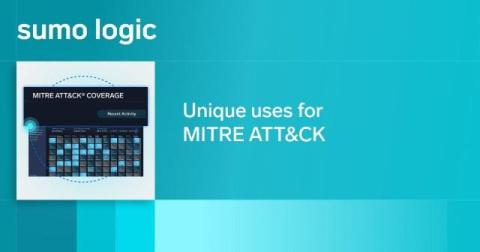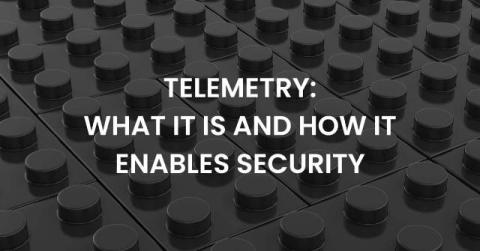Detect malicious activity in Google Workspace apps with Datadog Cloud SIEM
Google Workspace is a popular productivity suite, and its broad collection of apps (such as Gmail, Drive, Calendar, and Docs) can give attackers a central point of entry for accessing sensitive and valuable data if they compromise an account. Learning how to identify malicious activity in your Workspace environment enables you to stop threats before they become more serious. In this post, we’ll look at a few ways attackers gain access to and take advantage of Google Workspace.











